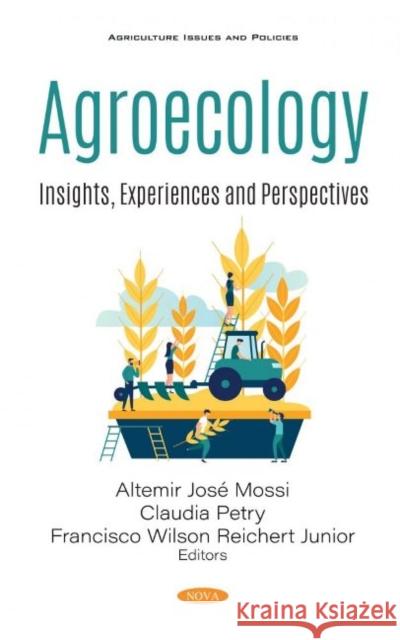Agroecology: Insights, Experiences and Perspectives » książka
Agroecology: Insights, Experiences and Perspectives
ISBN-13: 9781536175189
It is known that conventional agriculture with the use of inputs and agrochemicals is not sustainable in time, causing numerous problems such as contamination of food, people and environment. Thus, agriculture must adapt to cause the least possible impact to the environment and to human beings. In this context, agroecology enters as an alternative to conventional production, being a production system more ecologically correct, not allowing the use of pesticides and chemical fertilizers. Agroecological and organic systems are responsible for the production of food with less use of inputs external to the property, requiring a more efficient management of the vegetation cover and nutrient cycling. In addition, the use of genetically modified organism (GMO) is not allowed in agroecology, and crops of commercial interest such as corn are widely sold with these technologies, in this sense landraces seeds are an interesting option for this type of agriculture. Agroecology allows the production of safer food, resulting in more food security for the producer and consumer. Even though agriculture is more environmentally friendly, many challenges are faced by producers, fragile legislation, lack of products and specific technical assistance and marketing. In this sense, this book will seek to discuss the main aspects related to agroecology and the challenges it faces such as commercialization, certification, the importance of agrobiodiversity for agroecology, on crops and food security, social organizations that promote and encourage this type of agriculture, biological control in agroecology, homeopathy and food security.











